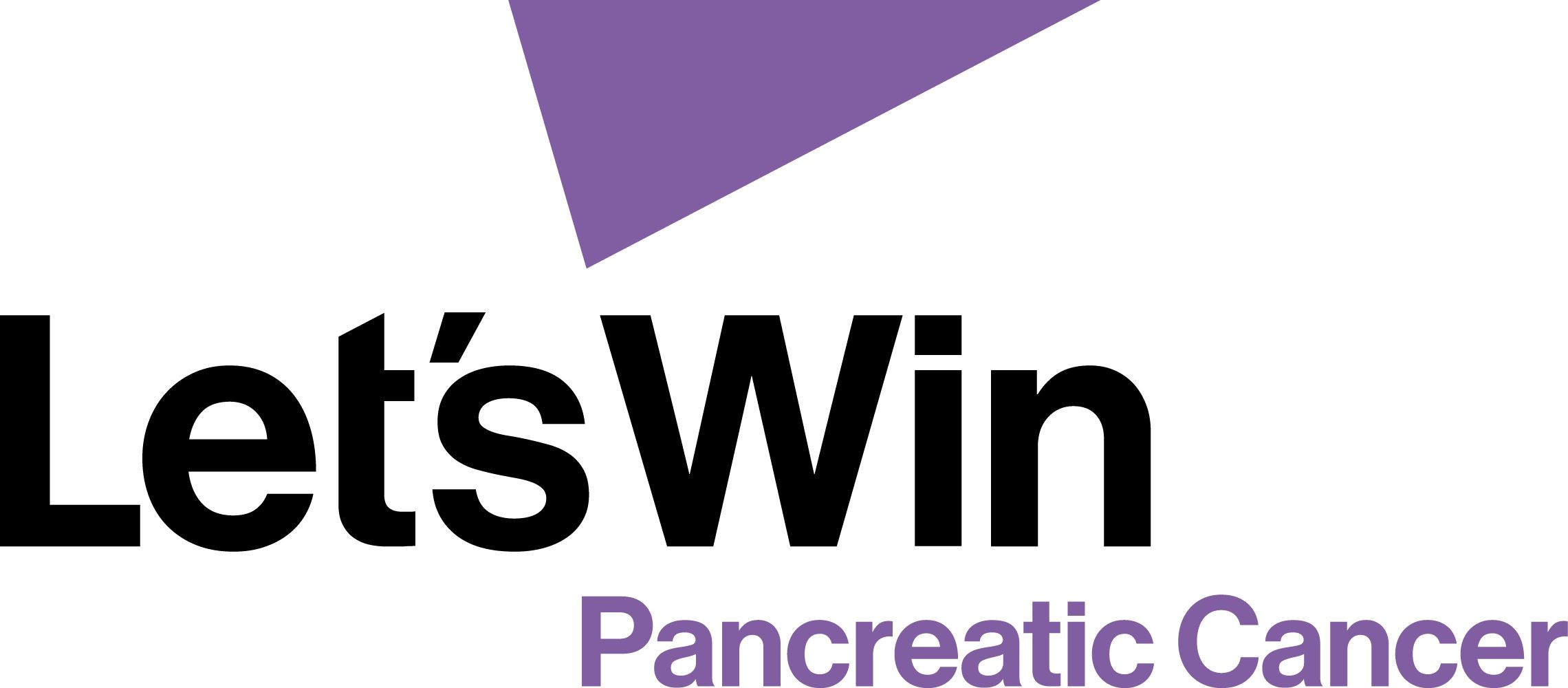The Power of Therapeutic Laughter

Dr. Suneel Kamath and Sandy Robis, a patient with pancreatic cancer discuss the important role of laughter in cancer treatment.
When you’re facing a pancreatic cancer diagnosis, humor may be tough to come by.
Instead, feelings of grief, sadness, depression and anxiety become so all-consuming that getting a chuckle from even the most hilarious prank seems like an impossibility. But here’s the thing: It turns out that laughter — whether forced or spontaneous — is powerful medicine.
“Laughter for me, and for a number of my patients, is a sort of triumph over disease,” says
The Healing Power of Laughter
No matter how dire your prognosis, there’s good evidence to suggest that a belly-shaking laugh can make you feel better. In fact, humans have been turning to the healing power of laughter for millennia.
Dating back to the 13th century, surgeons used laughter to distract patients from pain. By the 20th century, scientists began exploring the healing benefits of a good chuckle. Today, there’s even “laughter therapy.” As defined by the
That can be especially important for cancer patients, says Kamath.
According to AATH, there are three components of humor:
- Wit, or the cognitive experience of humor (i.e., whether you find something funny)
- Mirth, the emotional joy that comes from humor
- Laughter, the physiological experience of humor
In that sense, laughter addresses the whole person—mind, body, and spirit. Pancreatic cancer survivor
Studies suggest that after a spate of laughter, stress hormones, such as cortisol and epinephrine, plunge while levels of disease-fighting substances rise. Laughter helps calm frayed nerves, eases pain, and helps you forget, even if only momentarily, about your disease. There’s even evidence to suggest that laughter helps bring people closer together. “It just feels good to laugh and be happy,” Kamath says, “and feeling good promotes healing. There’s no downside.”
Cultivating Laughter as Your Internal Pharmacy
Laughter doesn’t have to be spontaneous to “work.” Even simulated vigorous laughter can lift your mood and help reduce stress.
- Do a humor assessment. Take a moment to consider who makes you laugh, what you find funny, and when (and where) you feel most joyful and at ease. Maybe you love late-night comedy shows. Or maybe you tend to belly laugh while watching silly YouTube clips. It could be that doing Mad Libs or reading the Sunday funnies makes you chortle. Once you figure out what really makes you giggle, carve out time and space for those things.
- Be silly. Being silly not only triggers your own laughter, it’s also contagious. Just before Christmas, Robis skipped into the operating room for her Whipple procedure wearing Rudolph the Red-Nosed Reindeer glasses with homemade cookies in hand for her healthcare team. “The staff were laughing so hard they almost peed in their pants,” she says.
- Fake it until you make it. While laughter may seem like an uncontrolled response to something humorous, the truth is that laughing in an intentional way can prime your body to feel good. In fact, the physical act of laughing creates chemical changes in your body that can shift your perspective, even if you’re not reacting to something funny.
- Get connected. “Cancer can feel very isolating, and yet human interaction is so important for cultivating health and well-being,” Kamath says. Can’t muster the energy to get out into the world? Turn your focus outward and focus on what you can give to others. Even when Robis was battling her disease, she was cooking and gardening for friends and family. “Feeding the world and sharing my gardening skills with others and making them happy are what gives me satisfaction and gratitude,” she says.
Need some help finding the funny? Put together a humor basket loaded with things that make you laugh—a book of jokes or silly cartoons, funny movies, even a whoopee cushion or noisemaker that makes you chuckle. You can even make it your mission to spread laughter to others. For Robis, sharing laughs not only makes her feel better, but it also buoys everyone around her. “It’s really a 360-degree circle that makes everyone feel better,” she says.
If you’re still struggling to find joy in your everyday life, talk to a healthcare professional. Feelings of sadness and depression are very normal when you’re navigating cancer treatment. “It’s not always something you can snap out of,” Kamath says. “If we know you’re struggling, we can provide the support you need and help you find joy again.”
